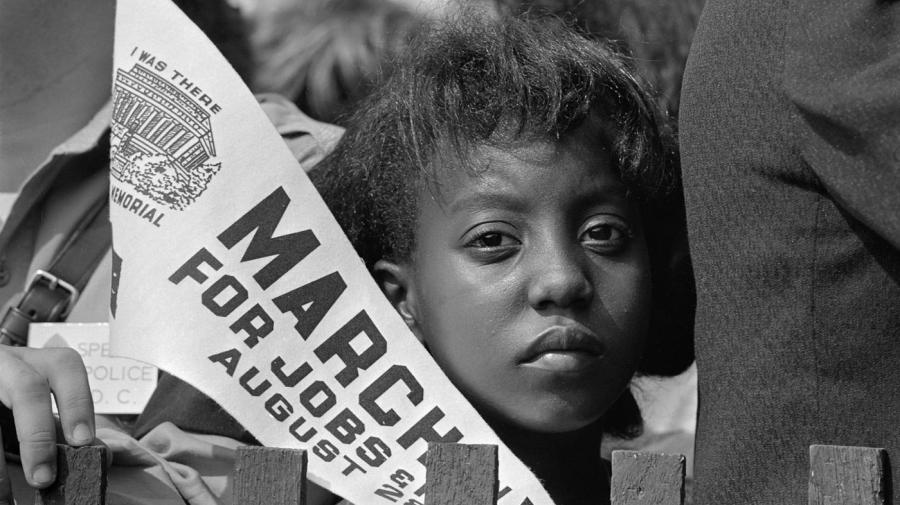What Gains Were There in Civil Rights in the 1960s?

The gains of the civil rights movement of the 1960s were memorialized in two pieces of legislation. The Civil Rights Act was passed in 1964 outlawing institutionalized discrimination against African Americans, and the Voting Rights Act of 1965 enforced the right of African Americans to vote in the South.
The Civil Rights Act of 1964, drafted by the Kennedy administration and later signed into law by President Johnson, outlawed institutionalized discrimination against African Americans. Some of the discriminatory practices banned included segregation in schools and public places, as well as racial and gender discrimination in the work place. Later, a bill passed by the Johnson administration known as the Voting Rights Act of 1965 enforced African Americans’ right to vote in the South, where, despite the changes in legislation, discrimination was still practiced. In the South, African Americans were faced with obstructions such as literacy exams, poll taxes, physical intimidation at the voting booth and other bureaucratic hurdles that prevented them from exercising their right to vote. The Voting Rights Act of 1965 put an end to these unconstitutional practices. According to federal analyses, nearly one-third of non-registered African American voters were able to register to vote by the end of the year.





